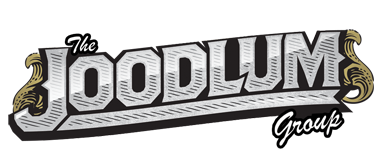The science of lycasin, destroyer of worlds, intestines
In all fairness, you were warned. The Amazon description for sugar-free Haribo Gummy Bears reads, in part: "This product is a sugarless/sugarfree item with ingredients that can cause intestinal distress if eaten in excess."
"Intestinal distress," in this case, might be an understatement for what a series of viral Amazon reviews call, "trumpets calling the demons back to Hell," "guttural pronouncement so loud it threatened to drown out my own voice," and "100% liquid. Flammable liquid. NAPALM."
So why is it that gummy bears, an otherwise delicious, springy snack, become so sphincter-confounding once the sugar is removed?
A glance at the nutrition panel shows that the first (and thus most prevalent) ingredient in the sugar-free variety is lycasin, a hydrogenated syrup. Lycasin, meanwhile, consists mainly of maltitol, a sugar alcohol that is almost as sweet as table sugar but half as caloric. Maltitol is great because it doesn't cause cavities, but not so great because our bodies can't fully digest it, so it can ferment in the gut. The known side effects of the excessive consumption of lycasin are bloating, flatulence, loose stools, and borborygmi, the scientific term for tummy-rumbling.
Via The Atlantic
Though the substance is considered safe to eat, in clinical studies, adults who consumed 40 grams of lycasin saw an increased frequency of bowel movements and "watery feces." The gummy bears in question come in bags of 5 pounds, otherwise known as 2,267 grams, otherwise known as a world of hurt.
Of course, this also means you now have the perfect hate-gift for your foes:
"I bought one order for the Westboro Baptist Church as a donation," one Amazon reviewer wrote. "Because we all know how much God hates irregularity."
Otherwise, this might be a time to indulge your sweet tooth with actual sugar.

